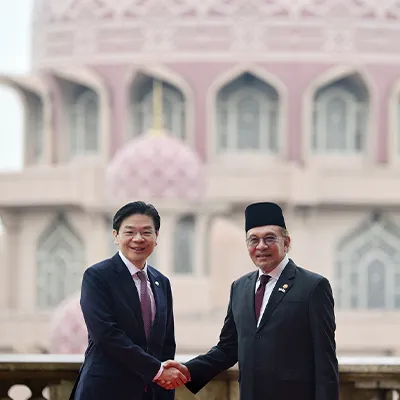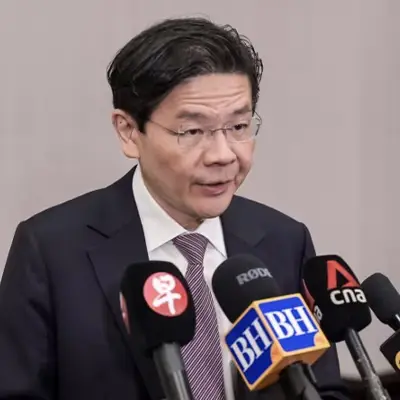Here are three ways Singapore can support business expansion for global and regional companies in 2025 and beyond.
1: A robust and high-integrity carbon market to help businesses achieve sustainability ambitions
As climate change persists at the forefront of consumers’ and governments’ minds, companies are prioritising sustainability and actively managing their carbon footprints.
Access to high-quality Article 6 carbon credits is one of the viable decarbonisation pathways for companies, especially those in hard-to-abate sectors. Singapore takes a multi-pronged approach to drive the development of these carbon credits to help companies achieve their sustainability goals.
Earlier this year, Singapore introduced the invitation-only Singapore Carbon Market Alliance to connect prospective buyers in Singapore with leading international sellers and developers of high-quality Article 6 carbon credits.
At COP29 in November 2024, Singapore announced the Carbon Project Development Grant where leading Singapore-based companies can receive funding support for early-stage carbon project development and financing activities, to generate high-quality Article 6 carbon credits. Through the grant, EDB seeks to address early-stage project financing gaps, and spur the development of and investment in more carbon projects, including those in the region.
Funding will cover feasibility studies on carbon projects that can be used under Singapore’s international carbon credit framework, for large emitters in Singapore to then access the carbon credits from successful projects to offset against their carbon tax.
A new set-up called the Carbon Markets Academy of Singapore will also train carbon services and trading professionals to support Singapore’s ecosystem of more than 120 carbon services companies—the largest of such ecosystems in the region.
Singapore’s efforts to diversify its energy sources and create an ecosystem to support businesses on their decarbonisation journeys, despite accounting for less than one per cent of global emissions, were highlighted by Zhang Jianyu, Executive Director of BRI Green Development Institute, at the Caixin Asia New Vision Forum 2024.
He pointed to Singapore’s plans to import green electricity generated from neighbouring islands in Indonesia through undersea cables, and from wind farms in Vietnam. The event, held in Singapore in September, convened over 400 decision-makers as well as thought and government leaders from more than 10 countries and regions.







